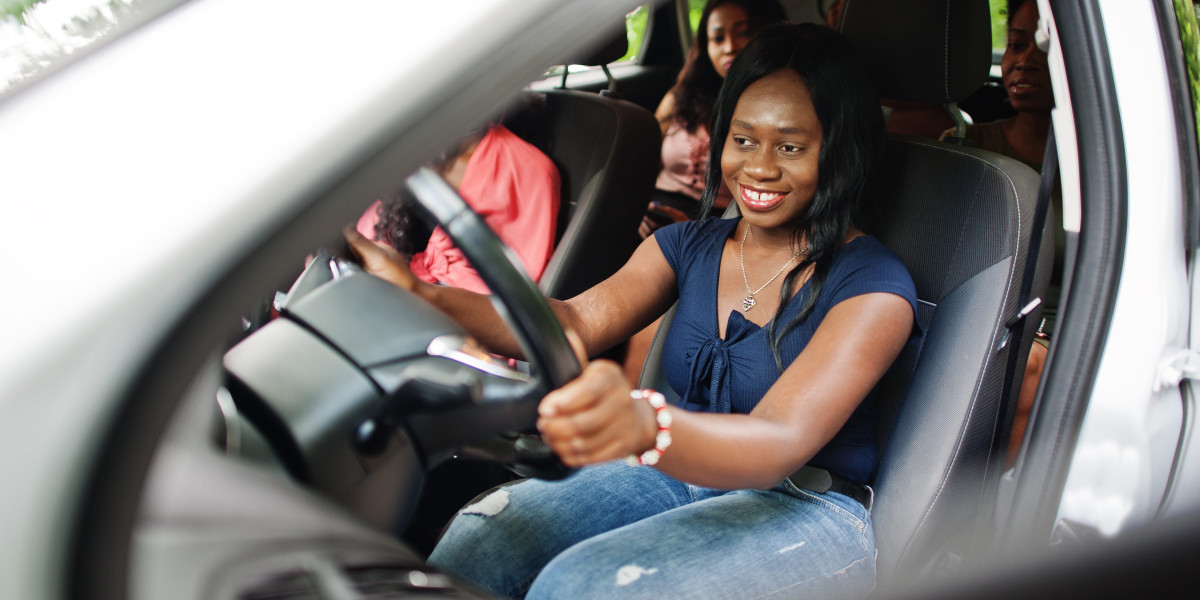
Navigating the Process of Buying a Driver's License: A Comprehensive Guide
In today's fast-paced world, a driver's license is more than just a way of identification; it is an essential document that symbolizes one's ability to run a lorry lawfully. For many, the process of obtaining a driver's license involves comprehensive education, screening, and in some cases a lengthy waiting period. Nevertheless, there are people who seek to bypass this prolonged process and think about the option to buy driver licence a driver's license. This post aims to explore the ramifications and dangers related to acquiring a driver's license, as well as the legal and ethical considerations involved.
Comprehending the Context
The idea of buying a driver's license might emerge from various inspirations. For some, it might originate from an authentic requirement for movement, while others might find themselves overwhelmed by the intricacy of the licensing process. However, it's important to comprehend that obtaining a driver's license through illegitimate ways is unlawful and can lead to serious consequences.
The Legal Framework
Before diving into the factors why people might consider buying a driver's license, it's crucial to clarify what this entails lawfully. A driver's license is issued by the government and serves as an authorization for people to run motor lorries. Each jurisdiction has specific laws governing the licensing procedure, and acquiring a license through unofficial channels is usually thought about a form of fraud.
Possible Legal Consequences
- Fines and Penalties: Individuals captured with a deceitful driver's license might deal with hefty fines.
- Criminal Charges: Depending on the jurisdiction, purchasing a driver's license can lead to misdemeanor or felony charges.
- Increased Insurance Rates: Driving without a valid license can result in greater insurance coverage premiums or total denial of protection.
- Legal Liability: Should a private be associated with an accident while driving on a deceitful license, they might face significant legal repercussions.
The Ethical Dilemma
Buying a driver's license raises ethical questions that merit factor to consider. While some might view it as a harmless faster way, the ramifications extend beyond individual convenience. Purchasing a driver's license can add to wider societal problems, consisting of:
- Public Safety: Unsanctioned licenses may be released to people who lack the requisite driving skills or understanding of automobile regulations, increasing the risk of accidents on the roadways.
- Undermining Trust: The legitimacy of the licensing system hinges on public trust. When licenses are bought fraudulently, it wears down confidence in the governance and security of road travel.
- Social Inequality: Those who can afford to spend for a license may perpetuate inequality in the system, offering them an undeserved benefit over those who abide by legal treatments.
Alternatives to Buying a Driver's License
Instead of succumbing to the attraction of buying a driver's license, individuals must think about genuine alternatives. Here are some practical options:
Enroll in a Driver's Education Program: Many institutions provide detailed courses, consisting of behind-the-wheel training, to prepare people for their tests.
Use Online Resources: Numerous sites and apps supply resources and practice tests to assist students comprehend traffic laws and safe driving practices.
Practice Drive with Licensed Drivers: Aspiring drivers can get important experience by practicing under the supervision of a certified driver who can offer assistance and feedback.
Arrange the Test: Once individuals feel great in their abilities and understanding, they can visit their local Department of Motor Vehicles (DMV) to schedule their driving test.
FAQs About Buying a Driver's License
1. Why do some people consider buying a driver's license?
People might consider buying a driver's license due to the perceived convenience of bypassing screening and academic requirements, or due to the immediate need for transport.
2. What are the risks associated with obtaining a driver's license unlawfully?
Getting a driver's license unlawfully can lead to legal charges, increased insurance rates, and the inability to legally drive, which can affect employment and life.
3. How can someone acquire a legal driver's license?
To get a legal driver's license, people ought to register in driver's education, finish the needed tests, and submit the essential documentation to their local DMV.
4. Exist legal effects for selling a driver's license?
Yes, selling a driver's license is prohibited and can lead to severe legal consequences for both the seller and the purchaser.
5. What should I do if I incorrectly purchased a phony driver's license?
If somebody unintentionally buys a fake driver's license, they must report it to the suitable authorities to correct the scenario and avoid legal effects.
While the prospect of buying a driver's license may be tempting for some, it is vital to weigh the short-term advantages versus the long-lasting implications. The prohibited purchase of a driver's license postures different legal and ethical challenges that can lead to major implications. Instead of going with a shortcut, individuals can take the legitimate path by investing time and effort into proper education and training. This not only makes sure compliance with the law but also promotes proficiency and security on the roads, benefiting society as a whole. By focusing on legal opportunities for acquiring a driver's license, individuals add to a safer and more credible driving environment.


